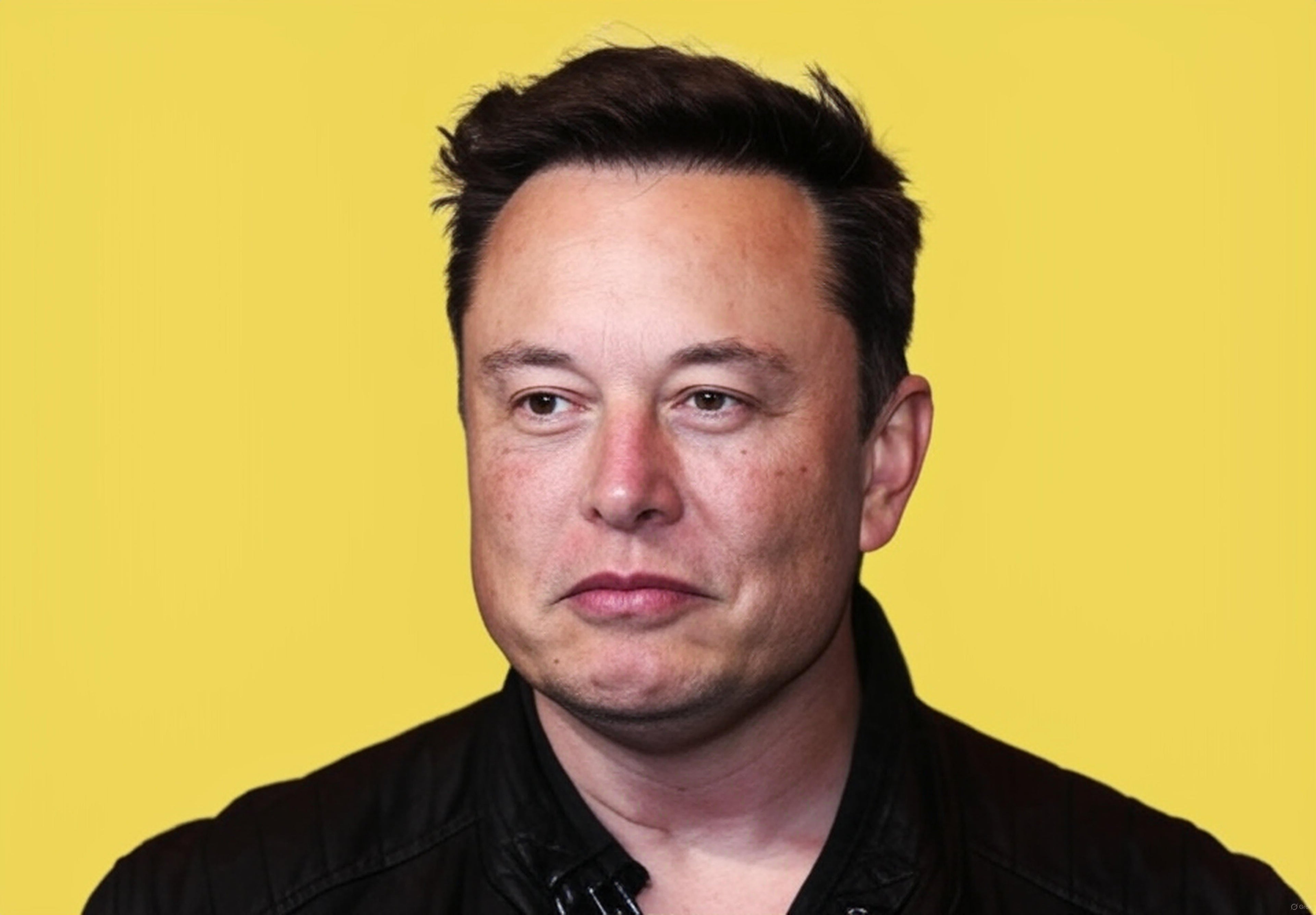Elon Musk Predicts AI Will Make Work Optional
Introduction
On October 21, 2025, Elon Musk made headlines when a post shared by @muskonomy on X suggested that work could become optional in the near future. According to Musk, advancements in artificial intelligence (AI) could create a system of universal high income (UHI), enabling people to live comfortably without needing to work. The post, which included images of Musk speaking and a futuristic “XAI” logo, has sparked global discussions about the future of work, technology, and human purpose.
🚨NEWS: Elon Musk says working will be optional in the future
— Muskonomy (@muskonomy) October 21, 2025
Elon predicts AI will create universal high income, making work a choice, not a need. pic.twitter.com/w9i0NTegkF
The Core Claim: AI and Universal High Income
Musk's prediction centers on the transformative potential of AI and robotics. Unlike universal basic income (UBI), which ensures survival, UHI promises a higher standard of living by providing abundant resources and financial freedom. In Musk’s vision:
- Work becomes a choice, not a necessity.
- AI and humanoid robots handle most production, eliminating scarcity.
- Individuals can pursue leisure, creativity, or personal development without financial pressure.
The accompanying images reinforce this vision. One depicts Musk addressing an audience, highlighting his authority, while the second features the XAI logo, symbolizing his AI-driven approach to reshaping society.
Public Reactions and Concerns
The post has received a mix of optimism and skepticism.
- Optimists see a world of leisure and freedom.
- Skeptics worry about mental health issues, loss of purpose, inflation, and government control.
- Some question the feasibility of implementing UHI on a global scale, citing economic and societal challenges.
Experts also note that while AI can increase productivity, translating this into equitable wealth distribution remains a complex challenge.
Musk’s Track Record
Musk has a history of making bold predictions:
- 2016: Advocated for UBI as a response to automation.
- 2023: Expressed 80% certainty that a jobless future was approaching at Viva Technology.
- 2025: Suggests moving from UBI to universal high income, emphasizing abundance over mere survival.
This consistency strengthens his credibility but also raises questions about timelines and practical implementation.
FAQs
- Q1: What is universal high income (UHI)?
- A1: UHI is a concept where AI and automation generate enough wealth and resources to provide people with a high standard of living, making work optional.
- Q2: How is UHI different from universal basic income (UBI)?
- A2: UBI provides minimal financial support for survival, while UHI aims to provide abundant resources for a comfortable lifestyle.
- Q3: When could this work-optional future happen?
- A3: Musk has not provided a specific timeline. Experts caution it may take decades depending on AI, robotics, and policy development.
- Q4: What are the potential challenges of UHI?
- A4: Challenges include economic inequality, inflation, government regulation, and societal adjustment to a work-free environment.
- Q5: Is Musk’s prediction realistic?
- A5: While conceptually possible, implementation faces technical, economic, and social hurdles.
Conclusion
Elon Musk’s vision of an AI-driven future, where work becomes optional, is both provocative and aspirational. It challenges conventional notions of labor, value, and purpose, raising fundamental questions about how societies define productivity and success. While the concept of universal high income promises abundance, its practical implementation requires careful navigation of economic systems, policy frameworks, and human psychology. This prediction, shared on X via @muskonomy, acts as a catalyst for global debate—encouraging society to reimagine a future where human creativity and freedom may surpass traditional work as the defining metric of life.


0 comments